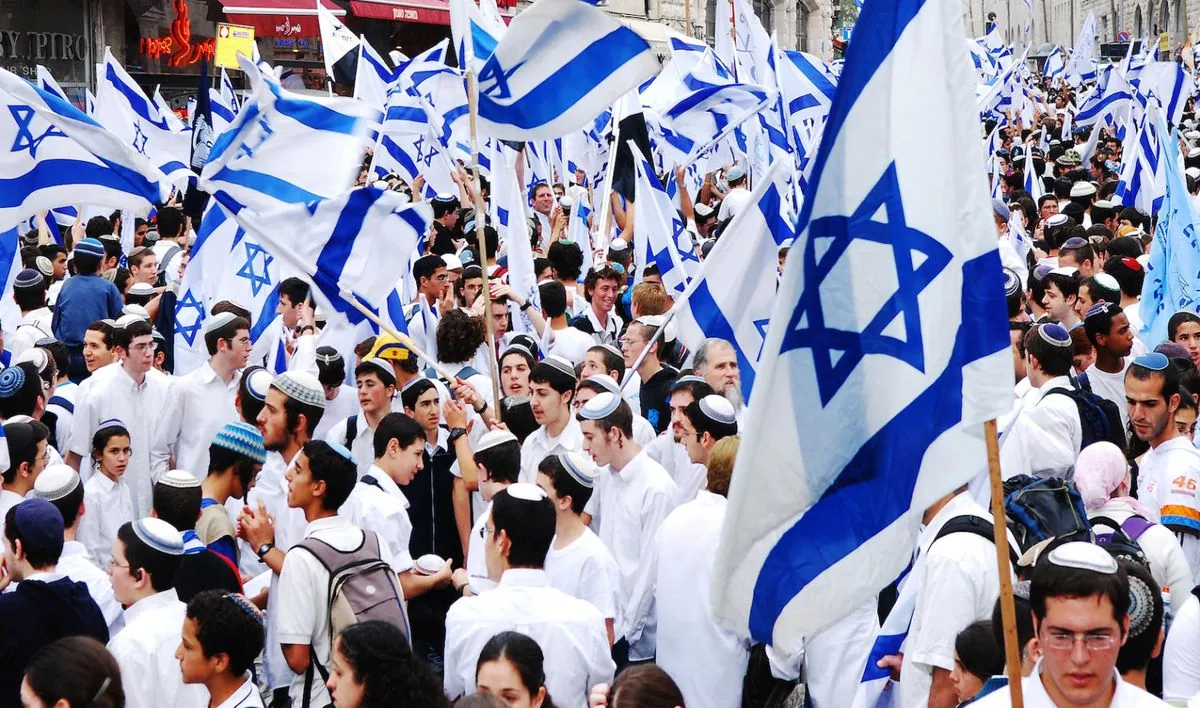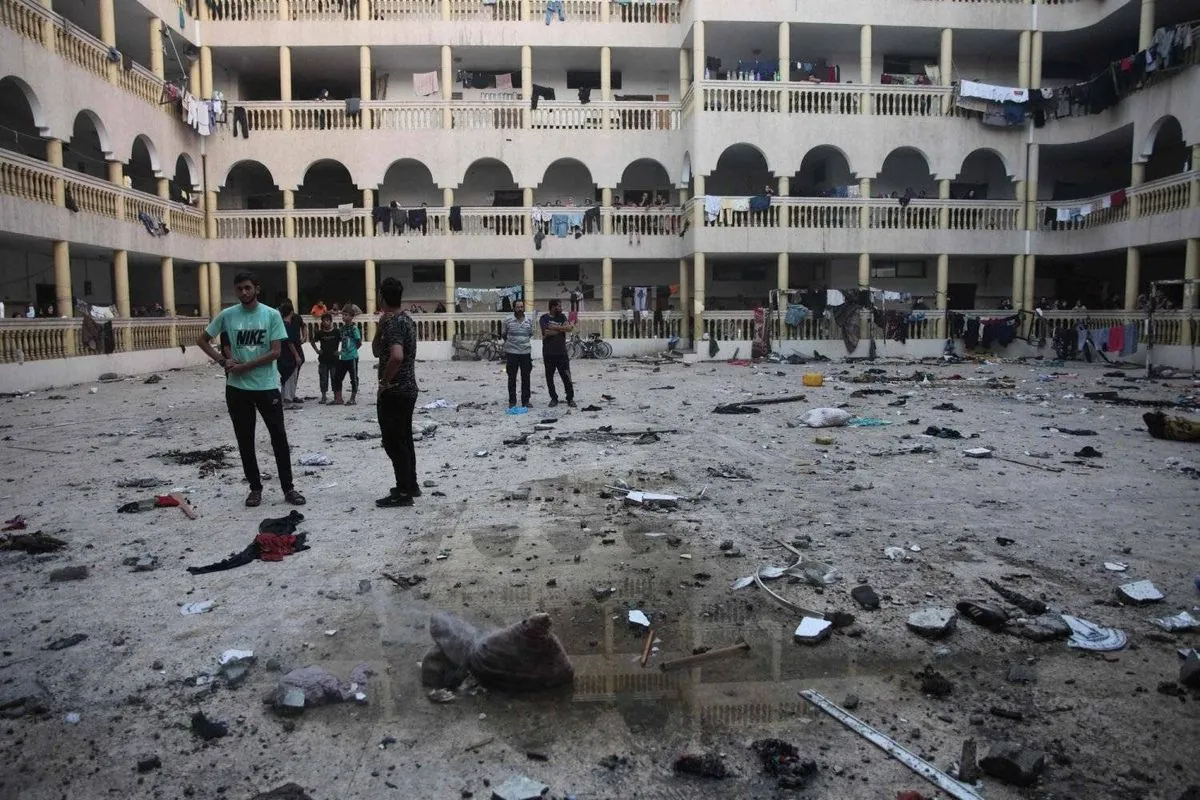Israel Celebrates Nasrallah's Death, but Concerns Linger
Israelis react to Hezbollah leader's assassination with joy, yet remain cautious about future threats. The event marks a significant shift in the ongoing conflict with Lebanon-based militant group.

On May 24, 2024, a significant event shook the Middle East as Hasan Nasrallah, the long-standing leader of Hezbollah, was assassinated in a massive strike on the group's compound in south Beirut. The news sparked celebrations across Israel, with citizens expressing relief and joy at the demise of a figure who had long been perceived as a major threat to their security.
Hasan Nasrallah had led Hezbollah since 1992, transforming it from a resistance movement against Israeli occupation into a powerful paramilitary force with significant political influence in Lebanon. Under his leadership, Hezbollah developed an extensive social services network, including schools and hospitals, which helped garner support among Lebanon's Shia population.
The assassination came after months of cross-border fire from Hezbollah, which began on October 8, 2023, in solidarity with Hamas following its attack on Israel the previous day. This ongoing conflict had displaced nearly 70,000 Israelis from communities along the Lebanese border, creating a tense situation in northern Israel.

Israelis reacted to the news with a mix of celebration and cautious optimism. Moti Blitzblau, a resident of Haifa whose grandchildren were among the displaced, expressed that the action was overdue but remained cautious about the future. "We're still under threat," he stated, acknowledging the complex nature of the conflict.
The Israeli military's operation against Hezbollah didn't stop with Nasrallah's assassination. Throughout the weekend, strikes continued on alleged Hezbollah sites in Beirut and southern Lebanon. On May 26, 2024, Hezbollah announced the deaths of two more officials, Ali Karki and Nabil Kaouk, further weakening the group's leadership structure.
Despite these successes, concerns remain about Hezbollah's capabilities. The organization, which receives significant support from Iran, is estimated to have tens of thousands of fighters and a large arsenal of rockets. Its military wing has grown increasingly sophisticated over the years, acquiring advanced weaponry and developing cyber warfare capabilities.
"We surprised even ourselves, that over 10 days we were able to almost destroy [Hezbollah], and it finally feels that after being so patient, something has finally moved. We haven't beat them. They still have capabilities."
The assassination of Nasrallah has raised questions about Israel's next moves. With troops and military equipment massing along the border, speculation is growing about a potential ground invasion. However, memories of past military setbacks in Lebanon weigh heavily on decision-makers.
While many Israelis view this as an opportunity to gain an upper hand against a long-time foe, others remain concerned about the broader implications. The ongoing hostage situation in Gaza, with Israeli citizens still held captive by Hamas, adds another layer of complexity to the situation.
As Israel navigates this new phase of the conflict, the international community watches closely. Hezbollah's extensive network of alliances, including relationships with militant organizations in Latin America and Africa, means that the repercussions of these events could extend far beyond the Middle East.
In the coming weeks and months, the resilience and adaptability of both Hezbollah and Israel will be put to the test as they grapple with the new realities on the ground. The assassination of Hasan Nasrallah may mark a significant turning point in the long-standing conflict, but its ultimate impact remains to be seen.


































